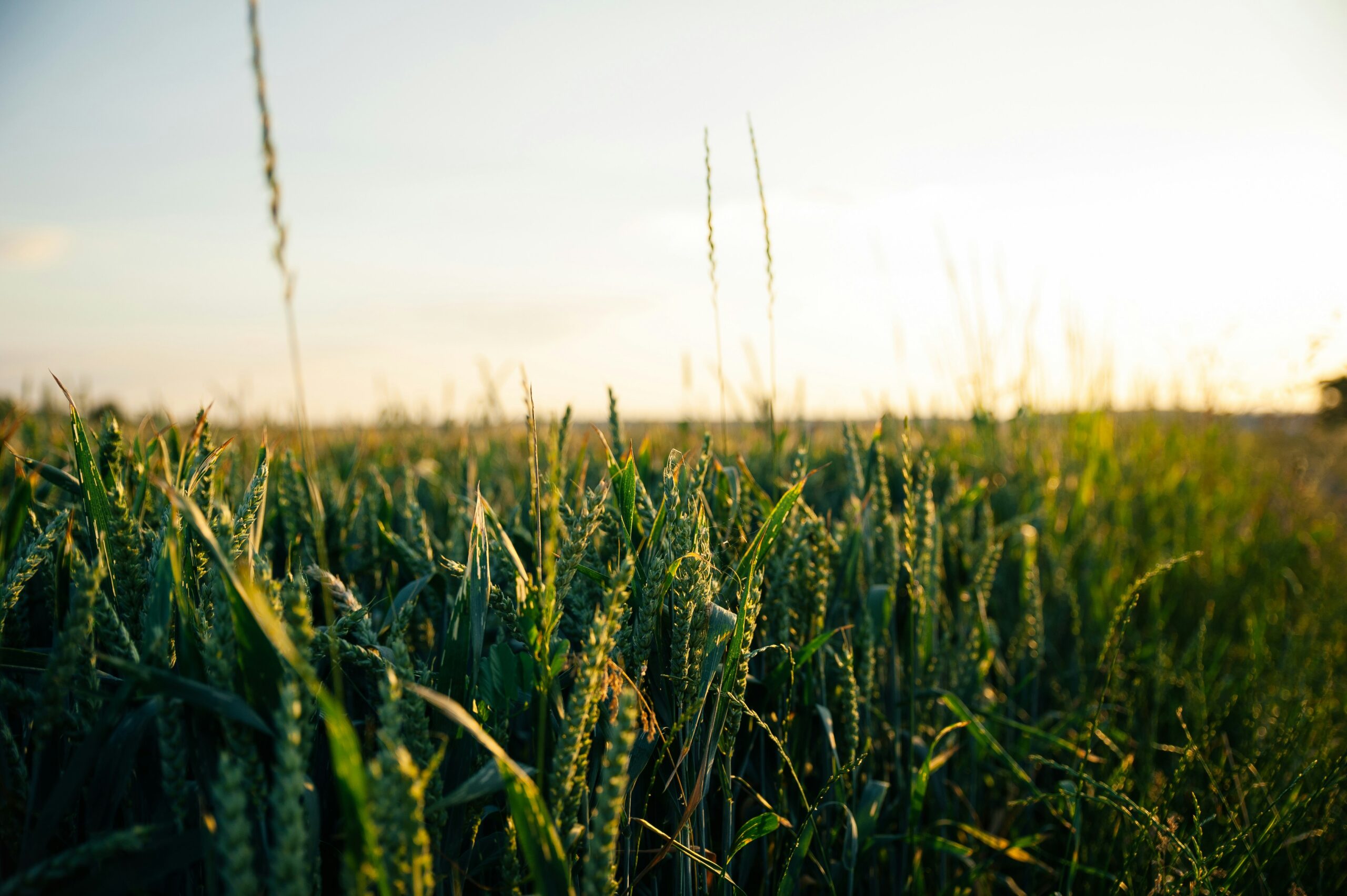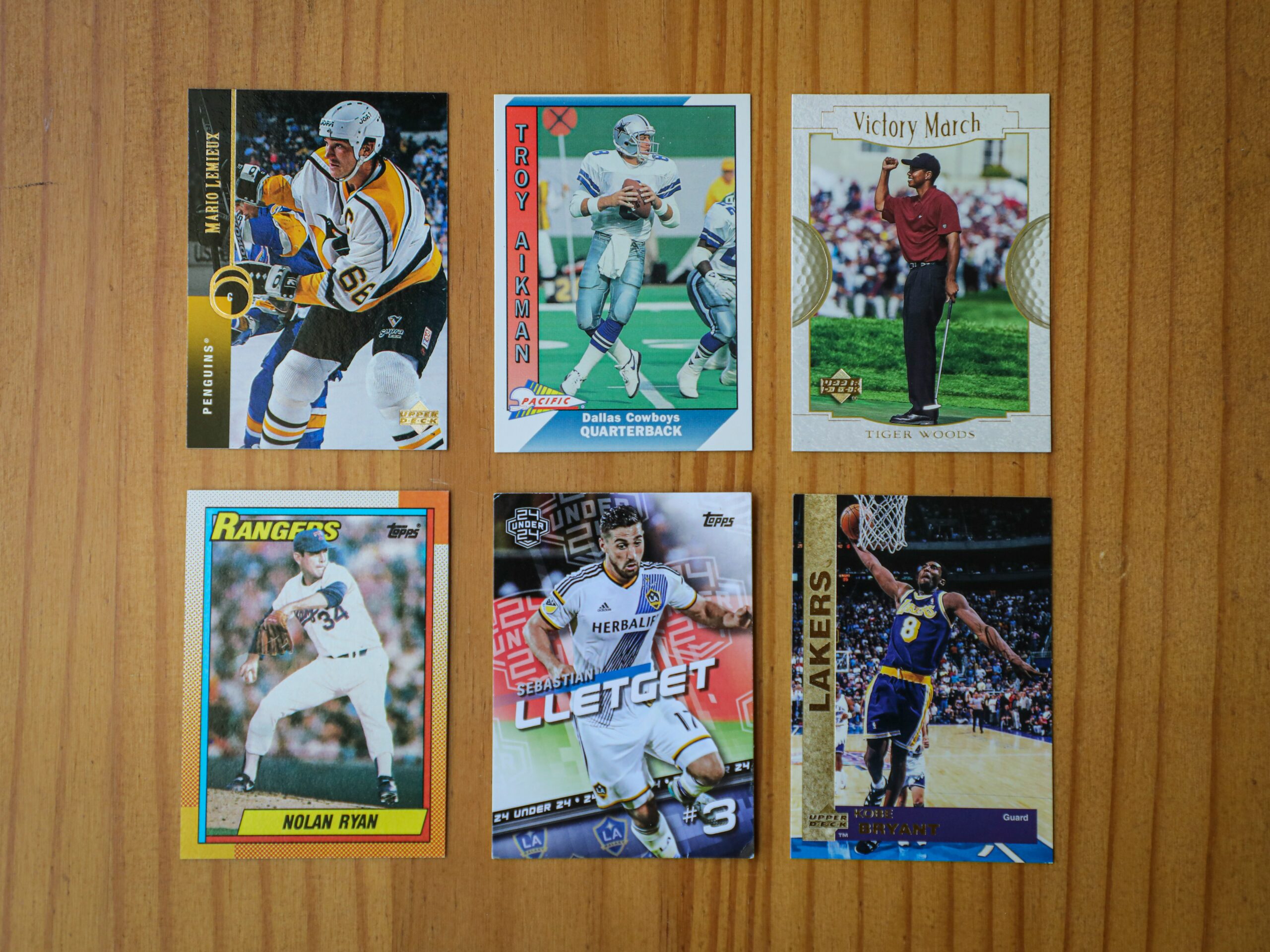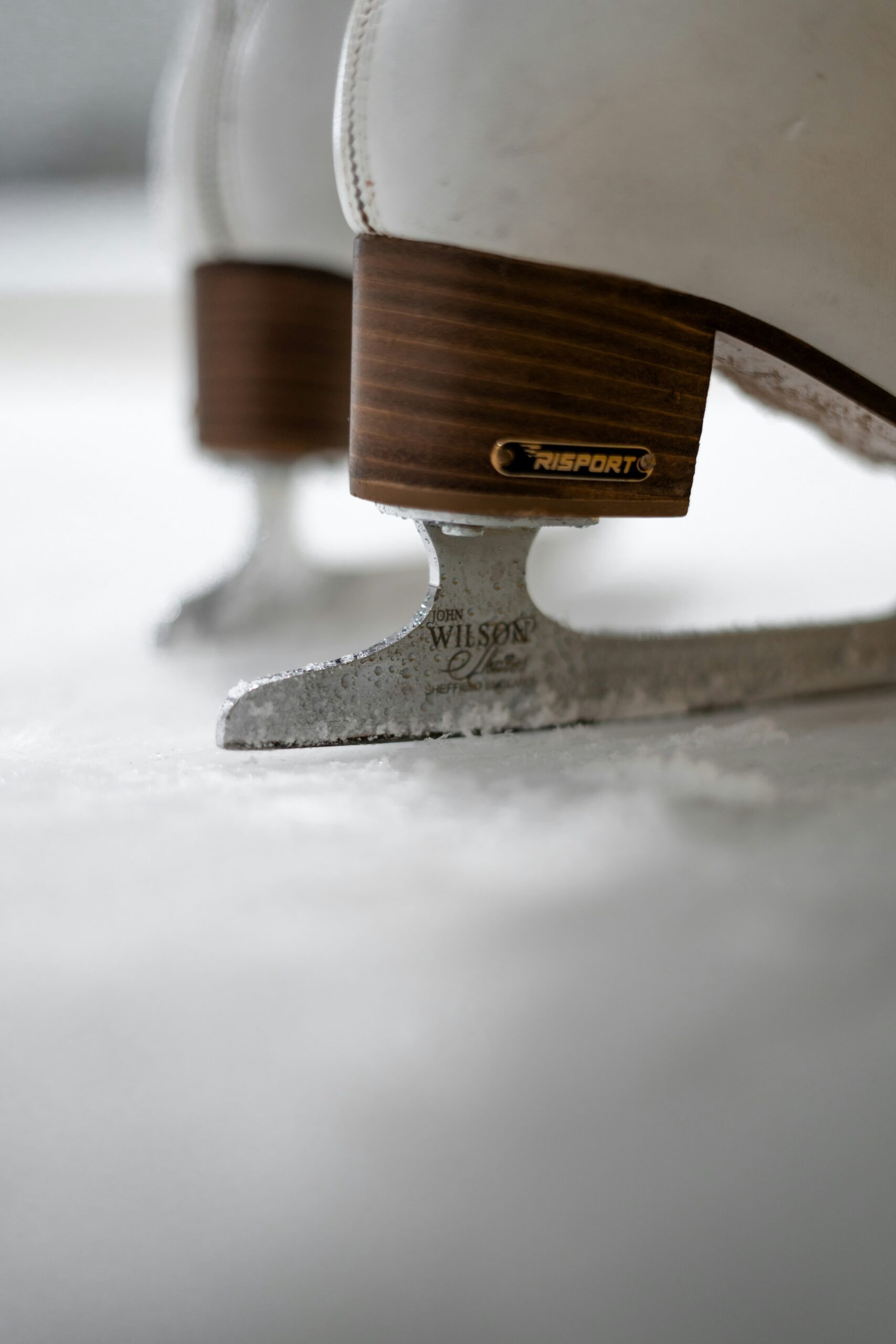“`html
Introduction to Rickwood Field
Rickwood Field, located in Birmingham, Alabama, stands as a monument to the rich history of American baseball. As the oldest professional baseball park in the United States, Rickwood Field offers a unique glimpse into the evolution of the sport. Constructed in 1910, the park has served as a cornerstone for baseball culture and history, bearing witness to the triumphs and tribulations of many legendary teams and players.
Birmingham, known for its vibrant industrial past and cultural heritage, provides the perfect backdrop for this historic ballpark. Rickwood Field’s establishment coincides with a pivotal period in American history, as baseball was solidifying its place as the nation’s pastime. The park has been a community hub for over a century, hosting numerous baseball events that have drawn crowds from all over the region.
The historical significance of Rickwood Field extends beyond its age. It has been a venue for various important baseball events, including Negro League games, barnstorming tours, and minor league championships. The park has seen the likes of Babe Ruth, Willie Mays, and Satchel Paige grace its field, making it a hallowed ground for baseball enthusiasts. It embodies a bygone era of baseball, where the sport was not just a game but a significant cultural and social activity.
Today, Rickwood Field stands not only as a testament to baseball’s storied past but also as a symbol of enduring community spirit. It continues to host events, serve as a historical museum, and attract visitors who wish to experience the nostalgia of early 20th-century baseball. Through its preservation, Rickwood Field ensures that the legacy of America’s pastime remains alive for future generations to appreciate and enjoy.
The Early Years: Establishment and Inaugural Game
Rickwood Field, a cornerstone of baseball history, was established in 1910 by industrialist Rick Woodward. Driven by his passion for the sport and a vision to bring major league ambiance to Birmingham, Alabama, Woodward meticulously planned the construction of the field. The architectural design of Rickwood Field drew heavy inspiration from contemporary major league parks, aspiring to replicate their grandeur and functionality. Renowned architect and civil engineer, Charles Wheelock, was tasked with the design, ensuring the park would stand the test of time both in durability and aesthetics.
The construction process was a significant undertaking, involving the coordination of numerous craftsmen and laborers. The field was strategically located to be accessible to the burgeoning population of Birmingham, which was rapidly expanding due to its industrial boom. Rickwood Field’s architectural blueprint included features such as a grandstand capable of seating thousands of spectators, a meticulously maintained playing field, and a clubhouse that catered to the needs of both home and visiting teams.
The inaugural game at Rickwood Field took place on August 18, 1910. This historic event featured the Birmingham Barons, the home team, squaring off against the Montgomery Climbers. The game was a spectacle, drawing a large crowd eager to witness the dawn of a new era in their city’s sporting life. Among the notable figures present were Charley Frank, the manager of the Barons, and several prominent players of the time, whose participation added to the game’s significance. The atmosphere was electric, with fans cheering enthusiastically, marking the beginning of Rickwood Field’s storied legacy.
The establishment of Rickwood Field not only provided a venue for baseball games but also became a cultural landmark in Birmingham. Its early years set the stage for the many historical moments that would follow, embedding the field deeply into the fabric of American baseball history.
Key Historical Events and Milestones
Rickwood Field, established in 1910, stands as a monument to baseball’s rich heritage, hosting a myriad of significant events and milestones throughout its storied history. One of the earliest pivotal moments came in 1912 when the park became the home of the Birmingham Barons, a relationship that would cement Rickwood Field as a cornerstone of Southern baseball culture.
Throughout the 1920s and 1930s, Rickwood Field was a frequent venue for major league exhibition games, attracting some of the era’s most celebrated athletes. Notably, it was during this period that Babe Ruth and Lou Gehrig showcased their prodigious talents on its hallowed grounds, enthralling local fans and solidifying the field’s reputation as a premier baseball venue.
The field’s historical significance is further underscored by its role in the Negro Leagues. In the 1940s, Rickwood Field served as the home field for the Birmingham Black Barons, a team that featured legendary players such as Satchel Paige and Willie Mays. Satchel Paige’s impeccable pitching and Willie Mays’s electrifying performances left an indelible mark, contributing immensely to the field’s enduring legacy.
Rickwood Field also played host to numerous other historic matches that have enriched its narrative. The annual Rickwood Classic, inaugurated in 1996, is a tribute to the park’s illustrious past, where teams don vintage uniforms and fans are treated to a nostalgic baseball experience that harkens back to the early 20th century.
Notable moments also include the integration of baseball, marked by Jackie Robinson’s appearance in exhibition games at Rickwood Field, which played a crucial role in the sport’s desegregation. The field’s resilience and ability to adapt to the changing landscape of baseball underline its historical importance.
Rickwood Field remains a living museum of baseball history, its legacy punctuated by the countless legends who have graced its diamond and the memorable events that have unfolded within its confines.
Rickwood Field During the Civil Rights Era
Rickwood Field, a historic baseball park, played a significant role during the Civil Rights Movement. As America grappled with racial segregation, Rickwood Field became a beacon of progress and integration within the realm of sports. The ballpark hosted numerous integrated games, which were monumental during a period when racial tensions were high and segregation was still legally enforced in many areas.
One of the most notable aspects of Rickwood Field’s contribution was its willingness to host games that brought together players of different racial backgrounds. These events were not merely about baseball; they symbolized broader societal shifts and the push towards racial equality. The integrated games held at Rickwood Field drew diverse crowds, showcasing the potential for unity and mutual respect through a shared love of the sport. The presence of African American players on the same field as their white counterparts was a powerful statement against segregation and racial discrimination.
The impact of these integrated games extended beyond the confines of the ballpark. They served as a catalyst for change within the local community and provided a platform for challenging the status quo. By facilitating interactions between diverse groups of fans, Rickwood Field helped to break down racial barriers and foster a spirit of inclusivity. The influence of these events resonated within the broader Civil Rights Movement, highlighting sports as a domain where progress toward racial equality could be visibly and powerfully demonstrated.
Moreover, Rickwood Field’s role during this era underscored the importance of sports in advocating for social justice. The ballpark became a venue where the fight for civil rights intersected with America’s pastime, reflecting the nation’s growing recognition of the need for racial integration. The legacy of Rickwood Field during the Civil Rights Movement remains a testament to the pivotal role that sports venues can play in advancing societal change and promoting equality.
The Decline and Efforts for Preservation
Rickwood Field, once a bustling hub of baseball activity, began experiencing a period of decline as newer, more modern stadiums emerged. The rise of these contemporary venues drew attention and resources away from the historic park, leading to a significant reduction in its usage. The wear and tear of time, coupled with the diminishing frequency of events, contributed to its gradual deterioration. Many believed that Rickwood Field, much like other aging stadiums, might face an inevitable demise.
Amidst this decline, local organizations and historians recognized the cultural and historical significance of Rickwood Field. They understood that the park was not merely a sports facility but a treasured landmark that encapsulated decades of baseball history. With this in mind, concerted efforts were undertaken to ensure the preservation and restoration of Rickwood Field.
One of the pivotal organizations in this preservation effort was the Friends of Rickwood, a dedicated group committed to maintaining the park’s legacy. Through fundraising campaigns, community outreach, and advocacy, they were able to garner support from baseball enthusiasts, local residents, and even former players. Their unwavering commitment played a crucial role in securing the financial and moral backing needed to initiate restoration projects.
Historians also contributed significantly to the efforts. By documenting the rich history of Rickwood Field and sharing it through various platforms, they raised awareness about the park’s importance. Their work highlighted not only the historical milestones achieved at Rickwood but also the broader cultural and social impacts of the venue on the community.
Thanks to these combined efforts, Rickwood Field was not only saved from potential ruin but also revitalized. Restoration projects addressed structural issues, restored iconic features, and aimed to return the park to its former glory. Today, Rickwood Field stands as a testament to the enduring spirit of baseball and the community’s dedication to preserving its heritage.
Modern Usage and Cultural Significance
Rickwood Field, despite its venerable age, remains a vibrant part of the community and continues to serve various contemporary purposes. One of the most notable events held at Rickwood Field is the annual Rickwood Classic. This event, which celebrates the rich history of baseball, allows fans to experience the game as it was played in the early 20th century. Players don vintage uniforms, and the atmosphere is reminiscent of a bygone era, offering a unique and nostalgic experience for attendees.
Beyond the Rickwood Classic, the field hosts numerous community activities throughout the year. Local schools and amateur leagues frequently use the facilities, ensuring that Rickwood Field remains an active part of the local sports scene. Additionally, the park serves as a venue for various community events, including charity fundraisers, outdoor concerts, and festivals, further cementing its role as a community hub.
Rickwood Field’s historical charm has also made it a sought-after location for filming movies and documentaries. Its authentic early 20th-century design provides a perfect backdrop for period films. Notable productions that have utilized Rickwood Field include “Cobb,” “Soul of the Game,” and the acclaimed documentary “Rickwood Field: A Century in the Making.” These films not only highlight the park’s aesthetic appeal but also its historical significance, bringing its storied past to a broader audience.
Today, Rickwood Field stands as a testament to the enduring spirit of baseball and American history. Its continued usage for both sporting and cultural events underscores its importance as a living museum, where history is not only preserved but also actively celebrated. Through these modern engagements, Rickwood Field maintains its relevance and continues to be a cherished landmark, bridging the past with the present in a meaningful way.
Visitor Experience and Attractions
When visiting Rickwood Field, guests are treated to a unique blend of history and nostalgia that transports them back to the golden age of baseball. As America’s oldest baseball park, Rickwood Field offers a variety of attractions and activities that appeal to both baseball enthusiasts and history buffs alike. One of the main highlights is the guided tours, which provide an in-depth look at the field’s storied past. Knowledgeable guides share fascinating anecdotes about legendary players who have graced the field, as well as the significant events that have taken place there over the years.
In addition to the guided tours, visitors can explore historical exhibits that showcase memorabilia, photographs, and artifacts from different eras of the ballpark’s history. These exhibits provide valuable insights into the evolution of the sport and Rickwood Field’s role in it. The exhibits are thoughtfully curated to ensure that visitors leave with a deeper appreciation of the park’s cultural and historical significance.
For those looking to experience the ambiance of a vintage ballpark, attending a game or event at Rickwood Field is a must. The park’s well-preserved architecture and classic design elements create an authentic, old-fashioned baseball atmosphere. Whether you’re watching a minor league game, a local tournament, or a special event, the charm of Rickwood Field enhances the overall experience. The sense of community and shared history is palpable, making each visit memorable.
Moreover, Rickwood Field also hosts various events throughout the year, including heritage games where players don period-appropriate uniforms, enhancing the nostalgic experience. These events are perfect for families and individuals looking to enjoy a day out while immersing themselves in the rich history of America’s pastime.
In summary, a visit to Rickwood Field offers a multifaceted experience that combines educational opportunities with the simple joy of watching a baseball game in a historic setting. The guided tours, historical exhibits, and vintage game-day atmosphere make it a compelling destination for anyone interested in the history of baseball and American sports culture.
Conclusion: The Legacy of Rickwood Field
Rickwood Field stands as a monumental testament to the enduring legacy of baseball in America. As the oldest baseball park still in use, it has witnessed countless memorable moments that have shaped the sport and captivated generations of fans. Rickwood Field’s storied past, from hosting legendary players to being a backdrop for historic games, underscores its significant role in the annals of baseball history.
Beyond its impact on the sport, Rickwood Field has been a vital part of the Birmingham community. It has served as a gathering place where people from all walks of life come together to celebrate America’s pastime. The park’s longevity and continued use reflect the community’s dedication to preserving this cherished landmark. Rickwood Field is not just a relic of the past; it is a living, breathing embodiment of the city’s cultural heritage.
In addition to its local significance, Rickwood Field holds a special place in the broader tapestry of American cultural heritage. As visitors walk through its gates, they are transported back in time, experiencing the authentic atmosphere of early 20th-century baseball. This connection to the past provides a unique educational experience, offering insights into the history and evolution of the sport.
To ensure that Rickwood Field continues to inspire future generations, it is crucial to support its preservation. By visiting the park, attending games, and participating in community events, fans can contribute to maintaining this historic landmark. Rickwood Field’s legacy is not only in its past but also in its ability to bring people together in the present and future.
Rickwood Field is more than just a baseball park; it is a symbol of resilience, community spirit, and the timeless appeal of baseball. Its preservation is a shared responsibility, and by supporting Rickwood Field, we honor its rich history and ensure that it remains a vibrant part of our cultural heritage for years to come.



